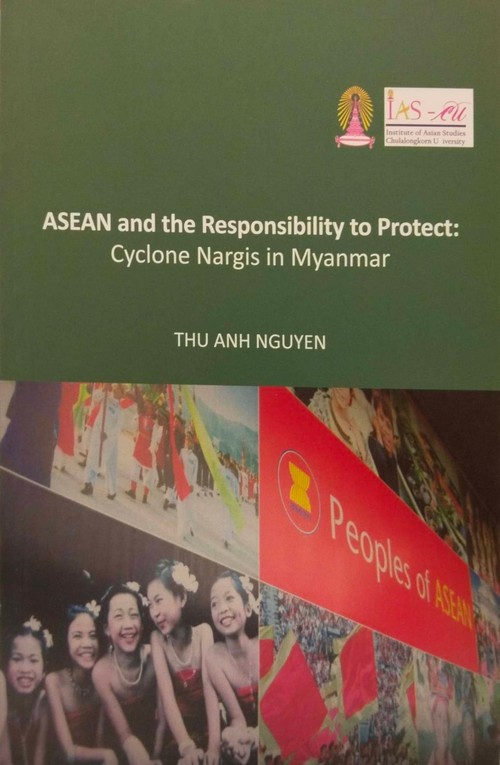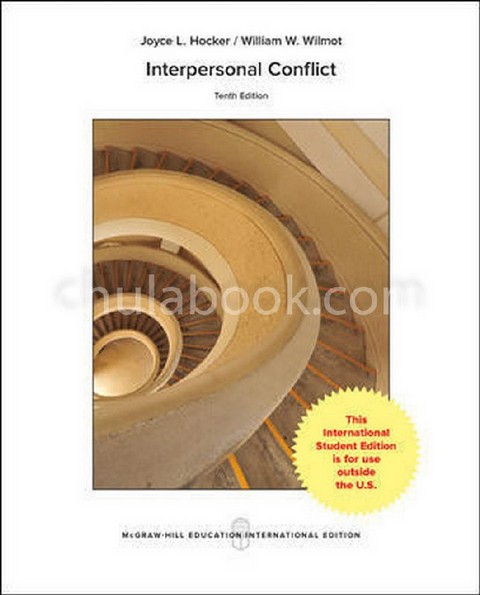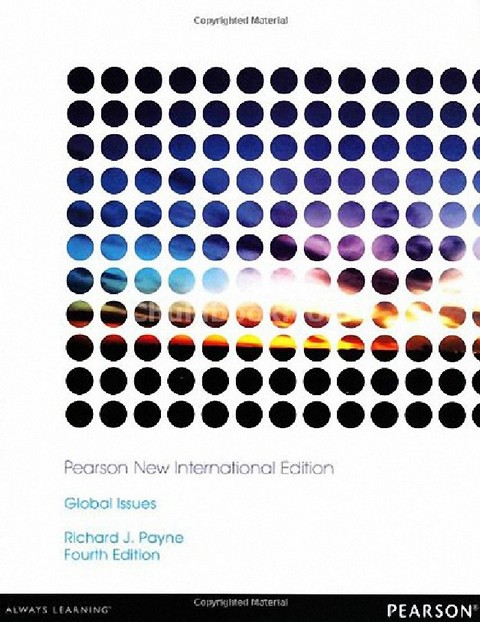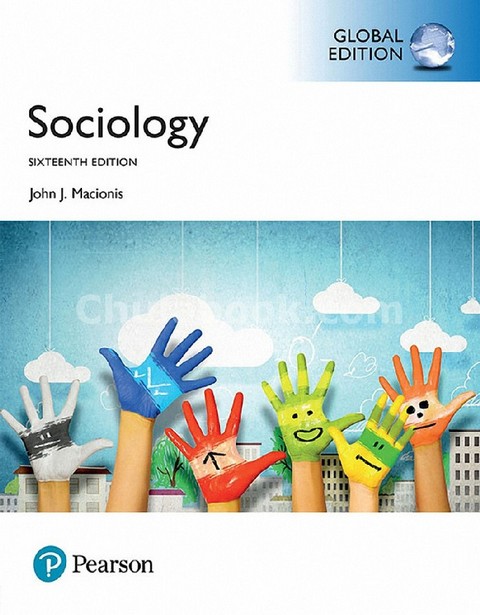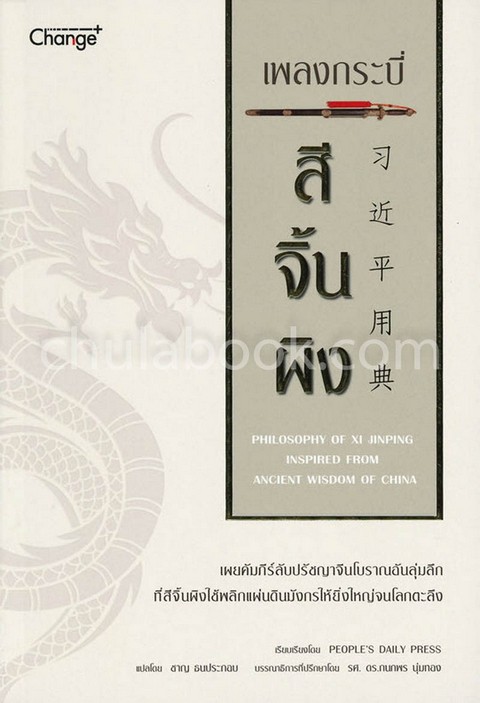The Responsibility to Protect, commonly abbreviated as R2P, was first mentioned in the report of the International Commission on Intervention and State Sovereignty (ICISS) in 2001 and adopted in the World Summit Outcome Document by the United Nations General Assembly in 2005. Accordingly, states and the international community are obliged to be responsible for protecting its citizens from four crimes – genocide, war crimes, ethnic cleansing, and crimes against humanity. The first R2P-related case in Southeast Asia can be found in the post-Cyclone Nargis situation. The book discusses the question why a natural disaster compelled the application of R2P even though it is initially not a R2P-type crime.
In order to show the normative grounds for the evolution of R2P in ASEAN, the book adopts the theory of Norm Localization which points out the conditions for a new norm to be accepted and developed in the local context. The congruence between the external norm of R2P and the regional practice of human rights protection and promotion will be clearly shown.
The book also attempts to explain the impacts of R2P concept on ASEAN in dealing with the human insecurity after the Cyclone Nargis happened in Myanmar in 2008. Under international pressure of possible military intervention in the name of R2P, the norm entrepreneur played a vital role in negotiating to bridge the junta and the international community and facilitate humanitarian assistance.
The successful localization of R2P by ASEAN in its effort to handle this man-made catastrophe has implications on ASEAN’s institutional changes when it comes to human rights protection in future.

